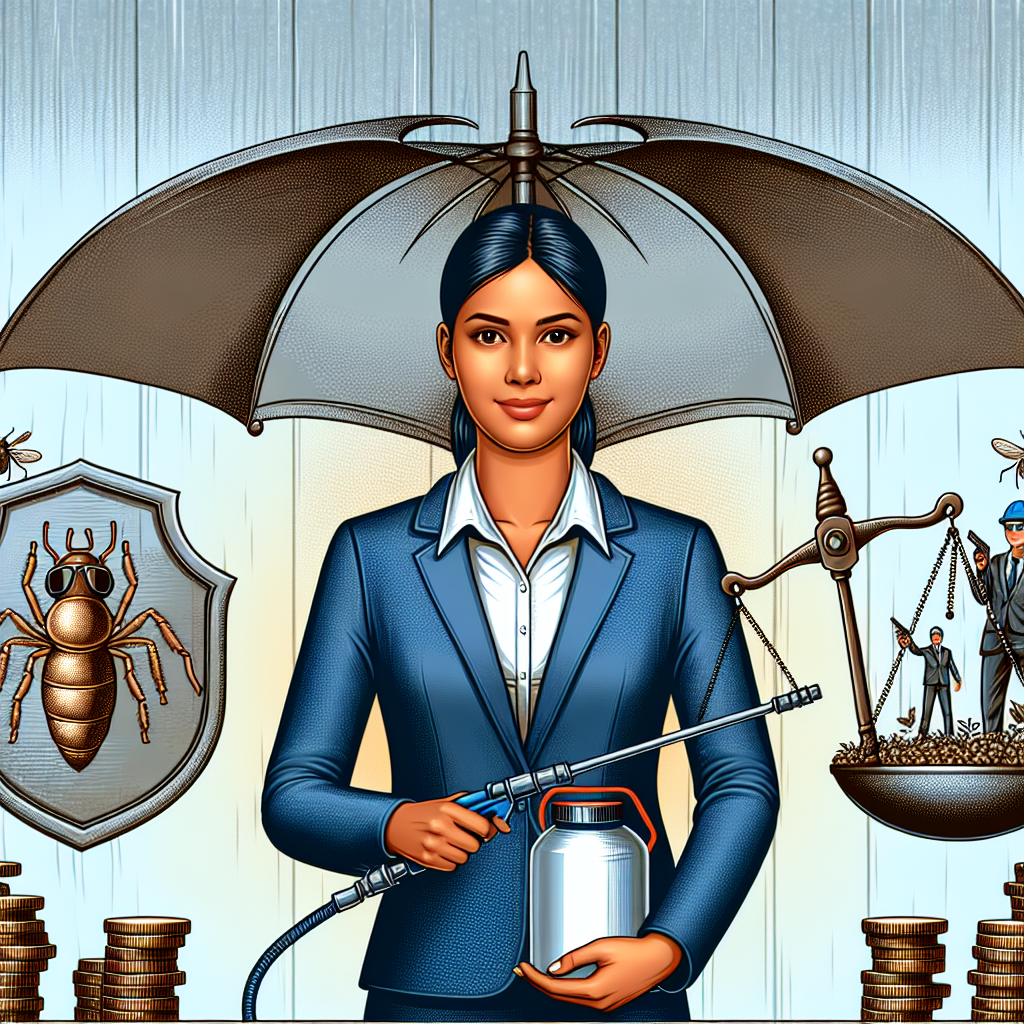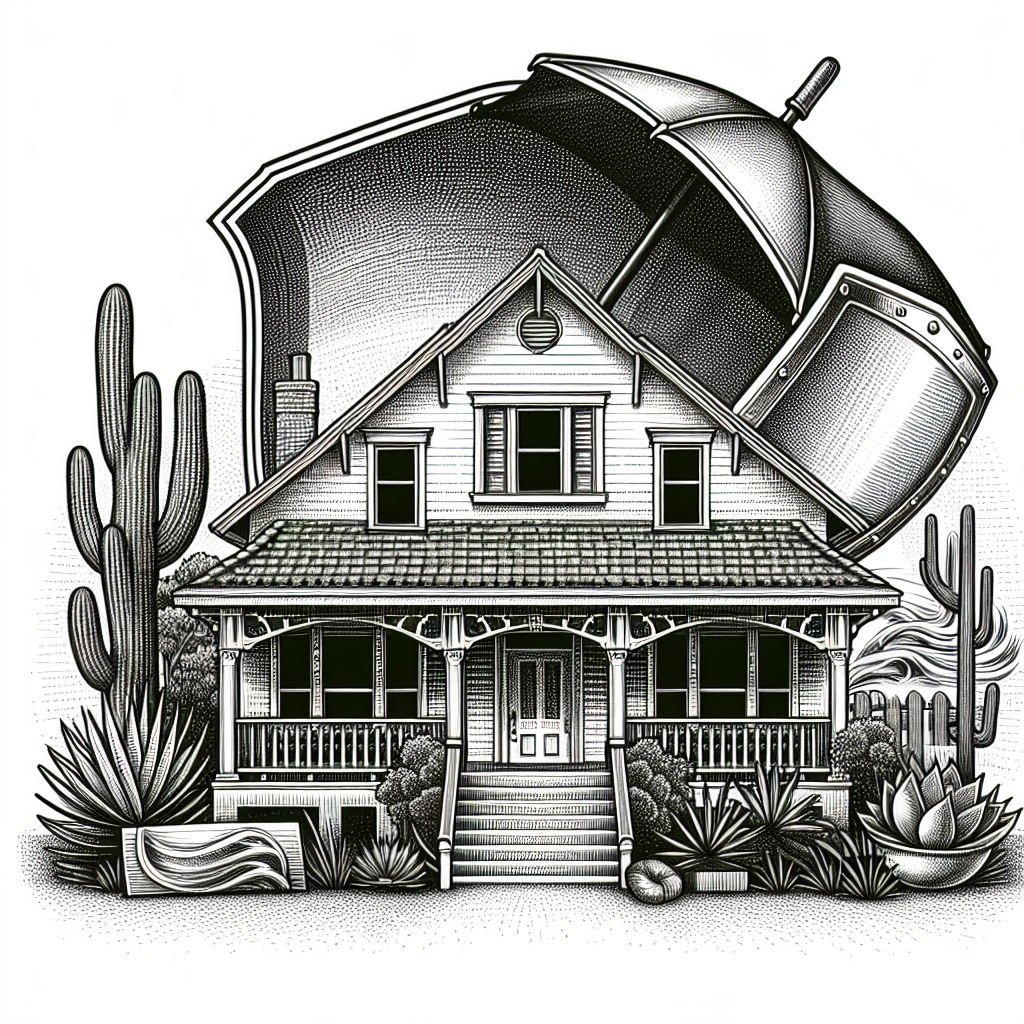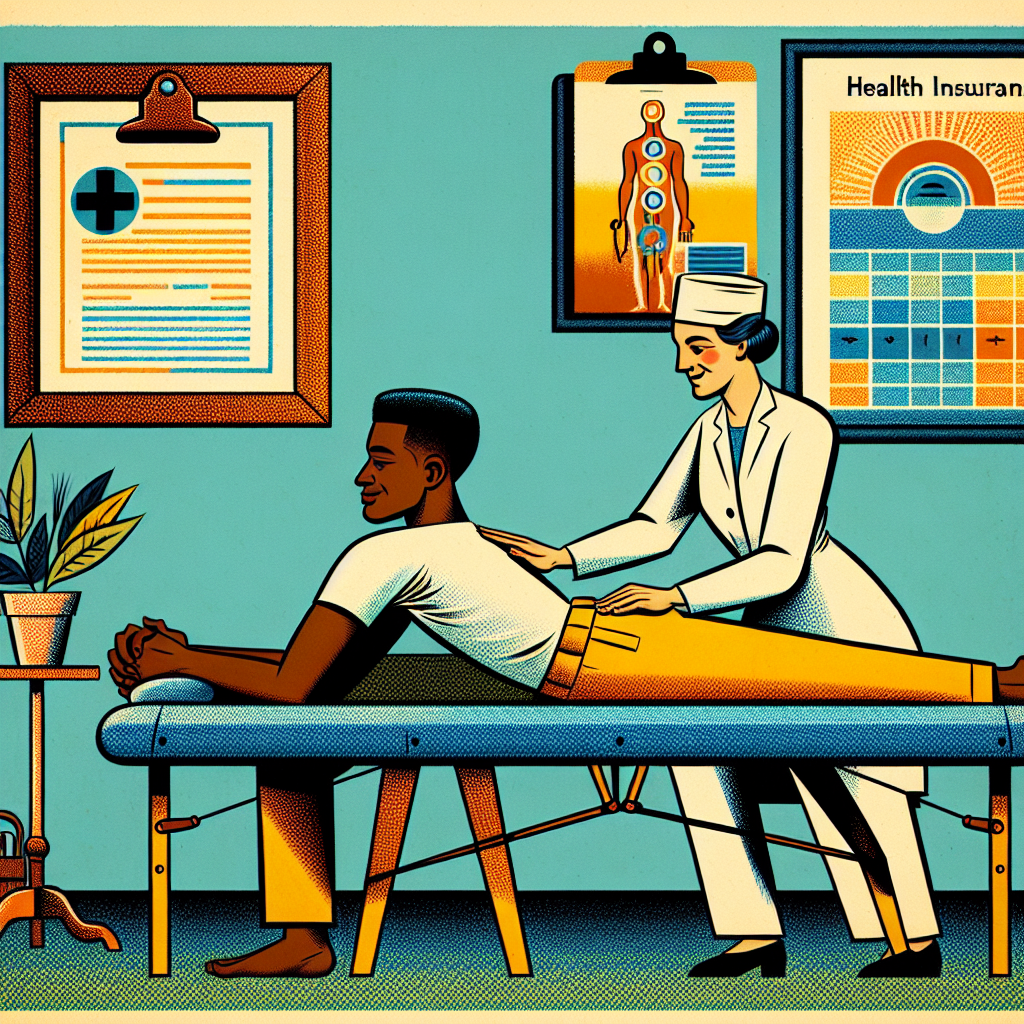Filed under Business Insurance on
Pest Control Business Insurance: Essential Coverage Guide

In the competitive world of pest control services, protecting your business from potential risks is crucial. One of the best ways to safeguard your company is through comprehensive pest control business insurance. This guide will walk you through the essential coverage you need, ensuring you make informed decisions to protect your livelihood.
Understanding the Importance of Pest Control Business Insurance
Pest control business insurance is designed to shield your enterprise from the myriad liabilities and risks associated with your line of work. A lawsuit can arise from property damage, bodily injury to clients or employees, and even from environmental concerns associated with pest control methods. Without proper insurance, such incidents could lead to crippling financial burdens.
Here are a few reasons why pest control business insurance is non-negotiable:
- Financial Protection: Covers costs related to legal defense, settlements, and damages.
- Compliance: Many states require pest control companies to carry specific insurance types to operate legally.
- Credibility: Having insurance can increase trust with potential clients and lending institutions.
- Peace of Mind: Allows you to focus on growing business while knowing you are protected from unforeseen events.
Types of Pest Control Business Insurance You Need
General Liability Insurance
General liability insurance is a must-have for any pest control business. This coverage protects against third-party claims of bodily injury, property damage, and personal injury. For instance, if a technician accidentally damages a customer’s property during service, general liability can cover the repair costs. Likewise, if a client trips over equipment and gets injured, this insurance will handle the medical expenses.
Commercial Property Insurance
Your physical assets are vital to your operations. Commercial property insurance protects these assets from risks such as fire, theft, or vandalism. Whether it’s the office building or the equipment stored inside, this policy ensures that you can recover and replace damaged or lost property swiftly.
Workers' Compensation Insurance
In the pest control industry, employees often handle hazardous materials and face various occupational risks. Workers' compensation insurance covers medical expenses and lost wages for employees who get injured or fall ill due to work-related activities. This not only ensures compliance with state laws but also fosters a safer working environment.
Commercial Auto Insurance
Companies in the pest control industry rely heavily on vehicles for transporting equipment and reaching client locations. Commercial auto insurance protects your business against liability claims arising from accidents involving company-owned vehicles. This coverage is essential to mitigate the financial risk of vehicle-related incidents, ensuring your fleet remains operational.
Pollution Liability Insurance
The nature of pest control work often involves the use of chemicals and pesticides, posing potential environmental hazards. Pollution liability insurance protects businesses from claims related to environmental damage or contamination caused during operations. This coverage is particularly important for maintaining compliance with environmental regulations and minimizing the risk of substantial fines or lawsuits.
Additional Coverage Options to Consider
- Professional Liability Insurance: Protects against claims of negligence or unsatisfactory service.
- Business Interruption Insurance: Covers lost income if a covered event temporarily halts operations.
- Cyber Liability Insurance: Essential for businesses that store customer data digitally, guarding against data breaches.
- Umbrella Insurance: Provides additional liability coverage beyond existing policy limits.
Determining the Right Coverage for Your Business
Selecting appropriate pest control business insurance requires careful consideration of your specific business needs and risks. It’s crucial to assess the size of your operations, the nature of services provided, and the typical hazards encountered. Consulting with an experienced insurance agent who understands the pest control industry can be invaluable in tailoring policies that offer comprehensive protection.
Furthermore, as your business grows, regularly reviewing and updating your insurance coverage ensures that you remain fully protected against evolving risks and liabilities.
Industry Trends and Expert Insights
Recent trends highlight an increased awareness of environmental impact within the pest control sector. According to industry experts, there’s been a shift toward eco-friendly practices and products, which could affect your insurance needs. More companies are opting for policies that specifically cover eco-friendly pest control methods and equipment. Staying informed about these trends can help you adapt your insurance strategy accordingly.
Additionally, pest control companies are increasingly adopting technology to streamline operations – from electronic billing to digital appointment scheduling. As you incorporate new technologies, ensure your cyber liability coverage is adequate to protect against potential data breaches or cyber threats.
Conclusion: Securing Your Pest Control Business’s Future
Pest control business insurance is a critical investment in the longevity and success of your venture. By understanding and obtaining comprehensive coverage tailored to your business's unique needs, you safeguard your assets, employees, and reputation against unforeseen challenges. As the pest control industry continues to evolve, staying informed and proactive about your insurance needs will keep your business protected and poised for growth.
By following this essential coverage guide, your pest control company can confidently tackle any operational and environmental challenges, ensuring a stable and prosperous future in the industry.





